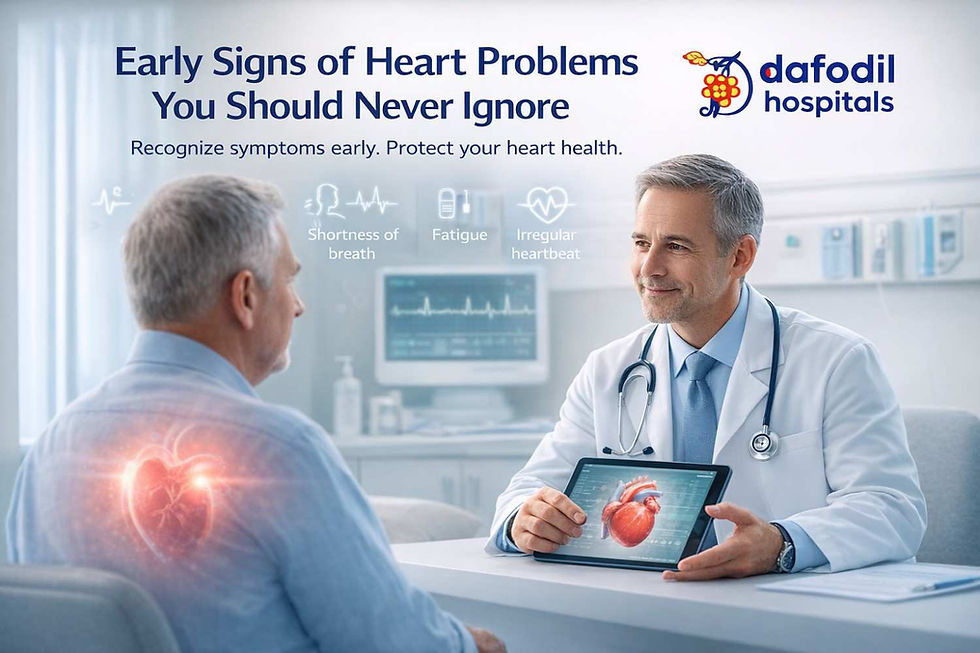International Day Against Drug Abuse: Combating Addiction for a Healthier World
- iSociohub Media

- Jun 26, 2023
- 3 min read

Every year, on June 26th, the world comes together to observe the International Day Against Drug Abuse and Illicit Trafficking. This significant day serves as a reminder of the global effort required to combat the pervasive issue of drug abuse and its detrimental effects on individuals, families, and communities worldwide. It provides an opportunity to raise awareness, educate the public, and mobilize support in the fight against drug addiction. On this day, let us delve into the importance of addressing drug abuse, its consequences, and the collective actions necessary to create a healthier and drug-free world.
Understanding Drug Abuse and Addiction :
Drug abuse refers to the habitual and excessive use of drugs or substances, leading to harmful consequences on physical, mental, and social well-being. Addiction is a complex condition characterized by a compulsive drug-seeking behavior, often accompanied by an inability to control or stop the consumption despite the negative repercussions.
Substance abuse affects individuals from all walks of life, irrespective of age, gender, or socio-economic status. It tears apart families, disrupts communities, and strains healthcare systems. Moreover, it breeds violence, crime, and corruption, while contributing to the spread of infectious diseases, such as HIV/AIDS and Hepatitis C, through needle-sharing and unsafe practices.
The Consequences of Drug Abuse :
Health Implications: Substance abuse takes a toll on physical and mental health, causing a range of problems, including organ damage, impaired cognitive function, mental disorders, and increased risk of overdose and death. It weakens the immune system, leaving individuals vulnerable to various infections and diseases.
Socio-economic Burden: Drug abuse places a significant burden on societies, straining healthcare systems, legal frameworks, and social welfare programs. It leads to decreased productivity, lost workdays, increased crime rates, and higher expenditure on law enforcement and rehabilitation efforts.
Family and Social Impact: Addiction disrupts families, erodes relationships, and inflicts emotional trauma on loved ones. Children of substance abusers often experience neglect, abuse, and developmental issues, perpetuating a cycle of dysfunction and substance misuse.
International Security: Illicit drug trafficking fuels violence, organized crime, and terrorism, threatening national security and destabilizing regions. The profits derived from drug trade often finance other illegal activities, perpetuating a vicious cycle of criminality.
Taking Action: Towards a Drug-Free World :
Prevention and Education: Education plays a crucial role in preventing drug abuse. By raising awareness about the risks, consequences, and dangers associated with substance abuse, we can empower individuals to make informed decisions and resist peer pressure. Comprehensive prevention programs, starting at an early age, should be integrated into school curricula to equip young people with the necessary knowledge and life skills.
Treatment and Rehabilitation: Accessible and affordable treatment services are essential to support individuals struggling with addiction. Governments and healthcare systems must prioritize the expansion of evidence-based treatment options, including counseling, medication-assisted therapies, and support groups. Moreover, a compassionate and non-stigmatizing approach should be adopted to encourage individuals to seek help without fear of judgment.
International Cooperation: Drug abuse is a global issue that demands international collaboration. Countries must work together to combat drug trafficking, share information, intelligence, and best practices. Strengthening law enforcement efforts, interagency cooperation, and promoting international conventions and agreements will help curb the production, distribution, and consumption of illicit drugs.
Community Engagement: Engaging communities and involving local organizations, NGOs, and grassroots movements is crucial for effective drug abuse prevention and rehabilitation programs. These initiatives should focus on promoting healthy lifestyles, providing support networks, and empowering individuals to make positive choices.



Comments